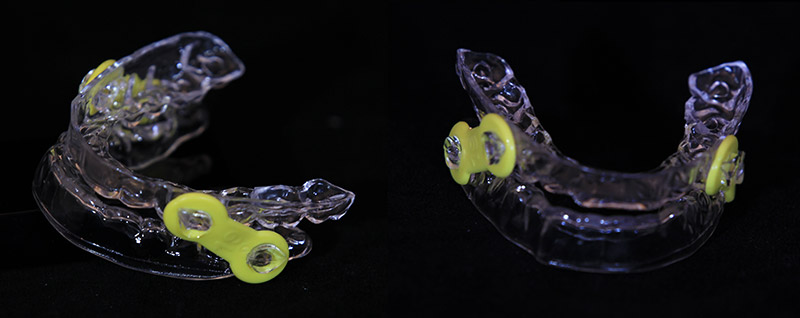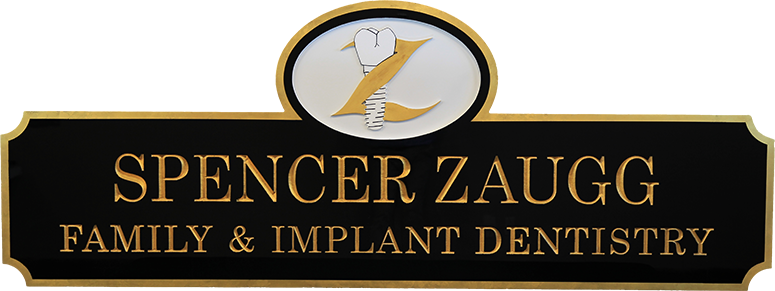
Snoring
What it is:
Snoring occurs when the jaw opens and the tongue falls into the back of the throat. The airway narrows, forcing air through a small opening which creates vibrations in the throat known as snoring.
Symptoms of Snoring:
- Gasping, irregular or stopped breathing during sleep
- Morning headaches
- Extreme daytime sleepiness
- Memory defect
- Depression
- Nighttime Reflux/Heartburn/GERD
- Nocturia
- Hypertension/ High Blood Pressure
- Diabetes
Risk Factors for Snoring:
- Genetics
- Gender (more common in men)
- Large neck
- Obesity
- Patients with hypertension
- Excessive use of alcohol, sedatives and tobacco
Conditions Snoring is Linked to:
- Hypertension/ High Blood Pressure
- Strokes
- Cardiovascular disorders
- Diabetes
- Depression
- Dementia
- Nocturia
- Insomnia
- Reflux/Heartburn/GERD
- Nocturnal Asthma/ COPD
- Impotence
Sleep Apnea
What it is:
Sleep apnea occurs when the airway completely collapses, blocking airflow into the lungs. The hard the person tries to breathe, the tighter the airways seals. The airway obstruction persists until the brain partially awakes the person. Unconsciously the person will close the jaw, returning the tongue and the throat to a normal position.
Sleep Apnea Cycle
- Falling asleep
- Jaw relaxing
- Airway collapsing
- Unconsciously awakening with a gasp
- Falling back asleep
Health Problems Related to Sleep Apnea
- Chronic sleepiness
- Strokes
- Heart attacks
- Morning headaches
- Depression
- Heartburn
- High blood pressure
- Impotence

Treatment:
We fit patients with oral appliances that can reduce or even eliminate snoring and sleep apnea.
TAP-T
- A device that is similar to an athletic mouth guard that is worn while sleeping
- Holds the lower jaw forward, preventing the tongue and the soft tissue of the throat from collapsing into the airway
- Has a 96% success rate for people who are treated with this device and have mild to moderate sleep apnea
- Reduces the associated health risks of snoring and sleep apnea without the need for surgery or medications


